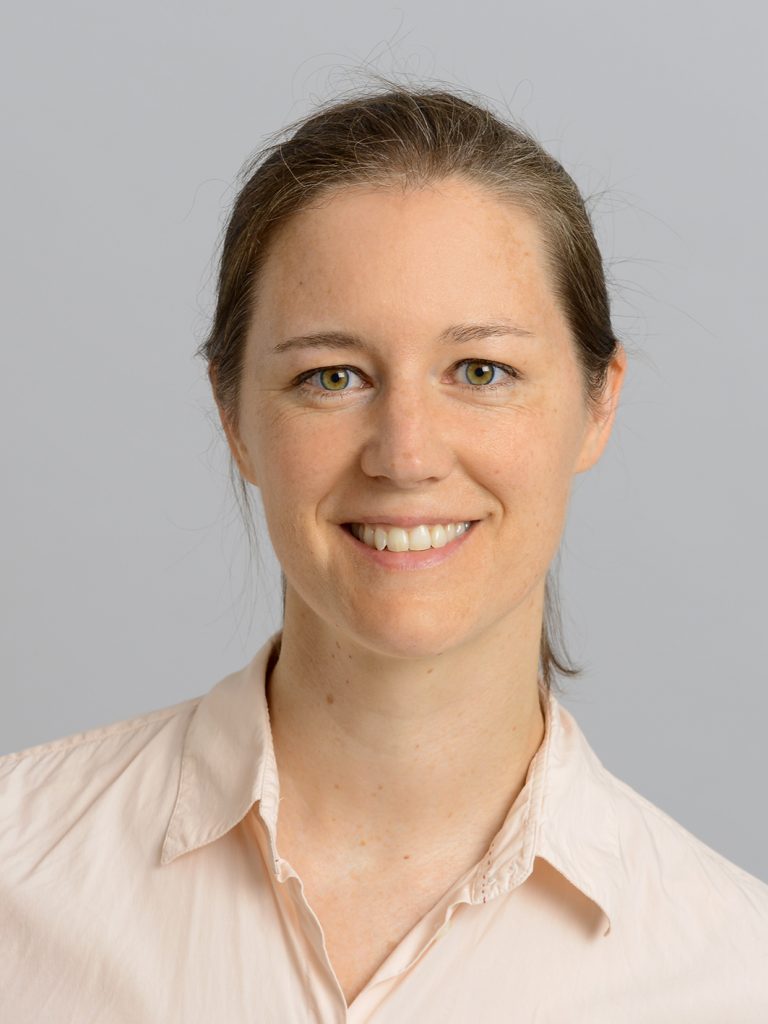Contextualizing certification and auditing: Soy certification and access of local communities to land and water in Brazil
Almut Schilling-Vacaflor, Andrea Lenschow, Edward Challies, Benedetta Cotta, Jens Newig
2021
DOI numberhttp://dx.doi.org/10.1016/j.worlddev.2020.105281
#Environment and climate change
#Social and working conditions
#Sustainability standards
#Latin America
The massive expansion of soy production in Brazil has contributed to a loss of access for local communities to land and water, particularly in highly dynamic frontier regions in the Cerrado. Soy certification standards like the Roundtable on Responsible Soy (RTRS) contain principles that are supposed to prevent such problems. In this paper, we examine the extent to which certification and auditing have served to protect local communities’ access to land and water in western Bahía state in the Cerrado’s Matopiba region. We draw on findings from field research in Brazil and western Bahía, 72 semi-structured interviews with corporate, state and civil society actors, and a systematic analysis of audit reports from RTRS-certified farms in Bahía. We find that auditing practices are not effective in protecting the rights and access of local communities to land and water due to three inter-related sets of factors: 1) the business-dominated nature of the drafting and content of the RTRS standard, 2) the structural limitations and everyday practices of auditing, and 3) domestic and local contextual factors in Brazil and western Bahía. This study aims to contribute to a re-thinking and re-assessment of certification and auditing practices and suggests that new approaches are required to govern global commodity chains in a more environmentally just way. We advocate for a locally embedded and community-sensitive perspective in research on certification and auditing, to complement previous research in the fields of critical political economy and sustainability governance.

